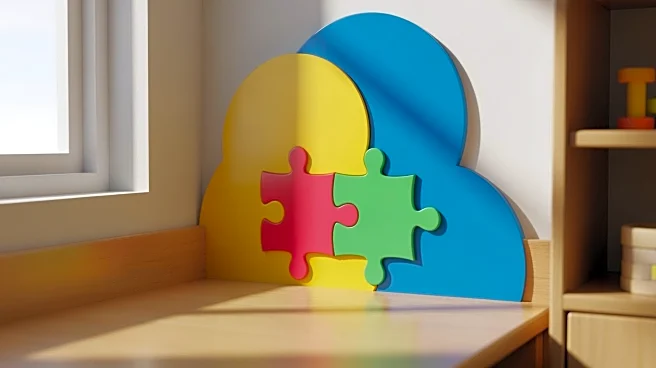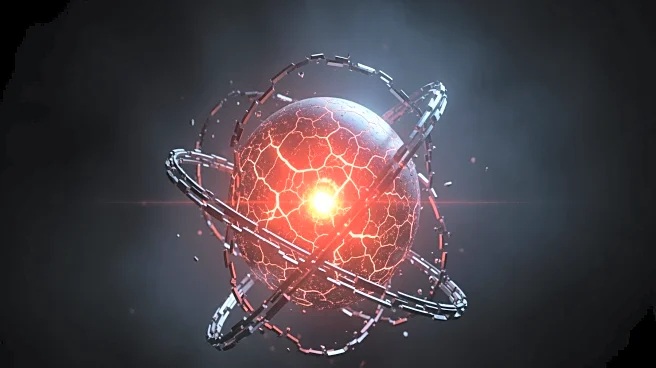What is the story about?
What's Happening?
The Minnesota Twins, a Major League Baseball team, will remain under the ownership of the Pohlad family, as announced by executive chair Joe Pohlad. After considering various options over the past ten months, the family has decided not to sell the team but instead to bring in new investors. This decision comes after exploring a wide range of potential investment and ownership opportunities. The Pohlad family, which has owned the Twins since Carl Pohlad purchased the team in 1984, aims to focus on the long-term future of the franchise. The family plans to add two significant limited partnership groups to introduce fresh ideas and strengthen critical partnerships. Details about these new investors will remain confidential until Major League Baseball approves the transactions.
Why It's Important?
This decision is significant for the Minnesota Twins and their fan base, as it impacts the team's future direction and stability. The Pohlad family's choice to retain ownership and bring in new investors suggests a commitment to revitalizing the franchise, which has faced challenges such as low attendance and a mandated payroll reduction. The move could potentially address fan dissatisfaction and improve the team's performance and community engagement. By opting for new investors rather than a complete sale, the Twins aim to maintain continuity while also seeking innovative strategies to enhance their competitiveness and financial health.
What's Next?
The next steps involve the integration of the new investors into the Twins' ownership structure, pending approval from Major League Baseball. This process will likely involve strategic planning to leverage the new partnerships for the team's benefit. Fans and stakeholders will be watching closely to see how these changes impact the team's operations and performance. The Pohlad family's commitment to building a winning team and culture will be tested as they work to meet the expectations of the community and Twins fans.














